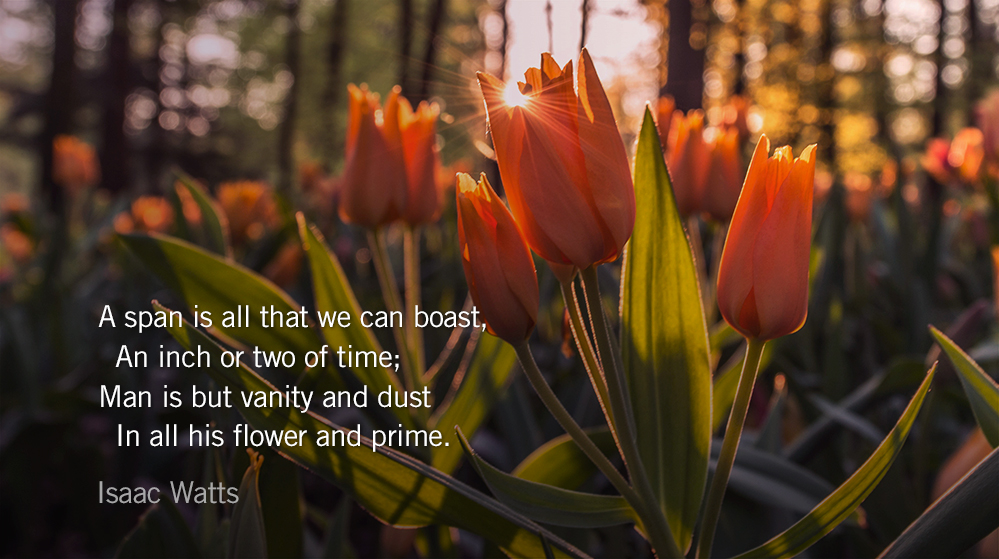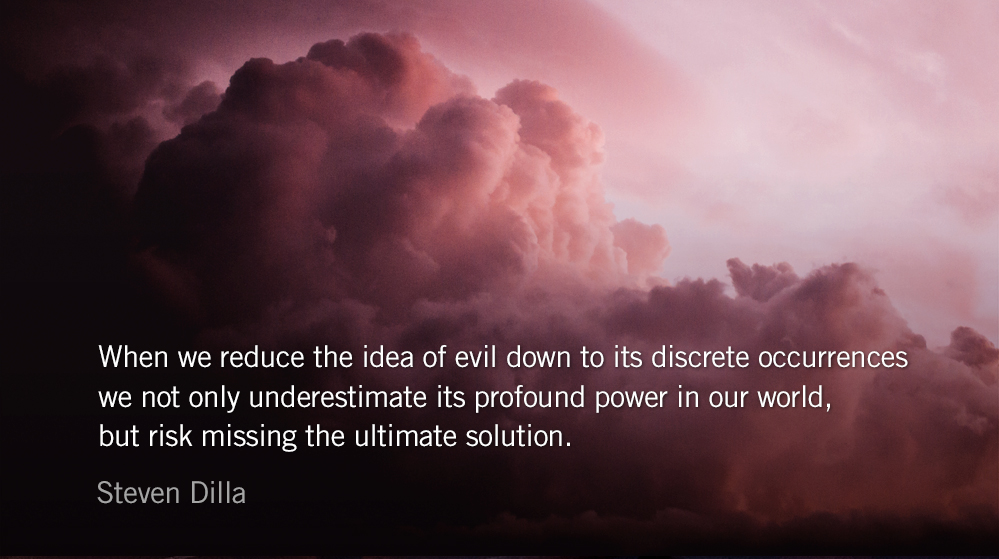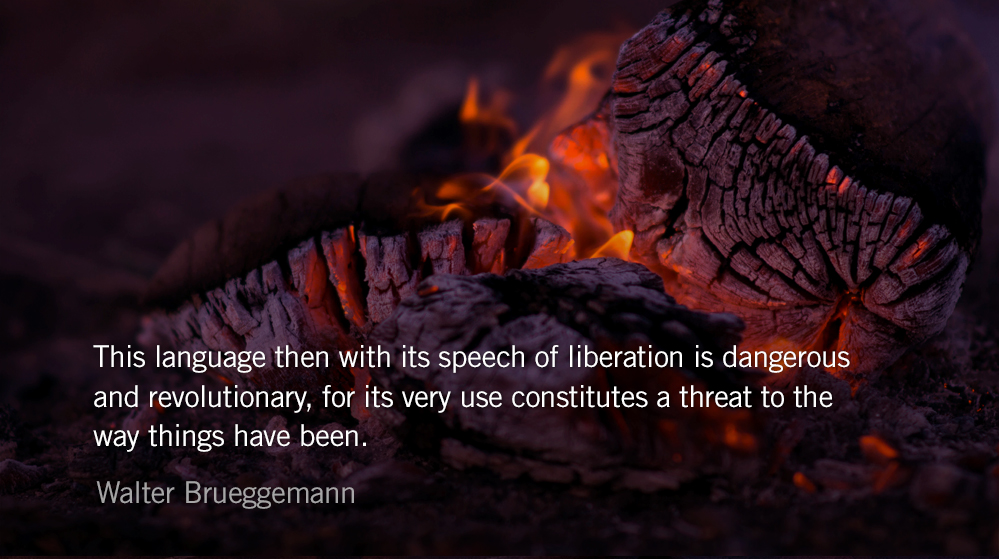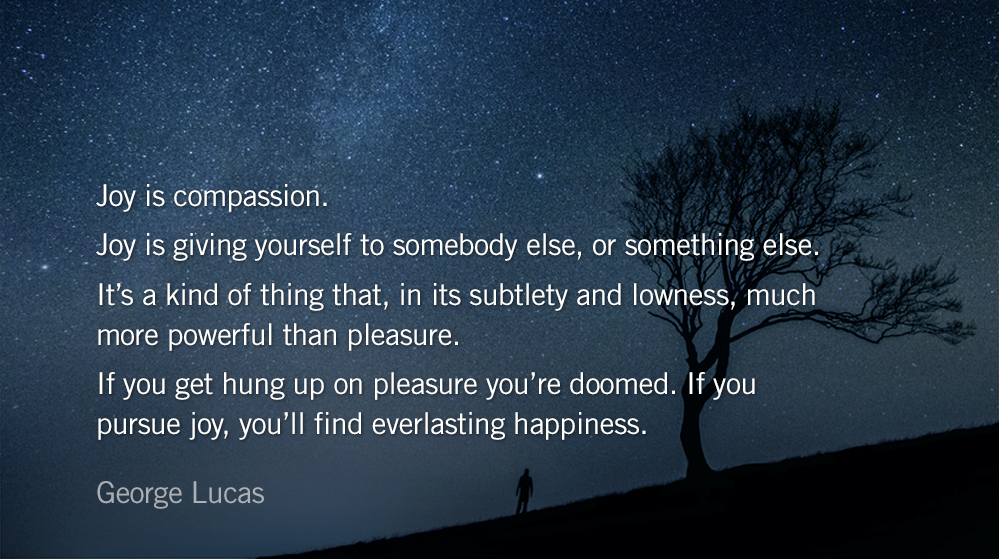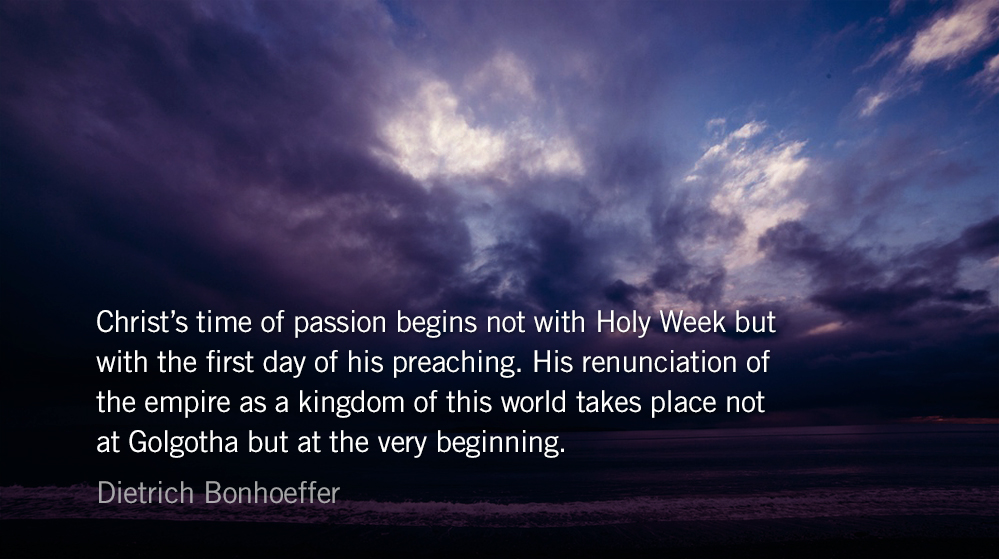O Lord, make me know my end and what is the measure of my days; let me know how fleeting I am! And now, O Lord, for what do I wait? My hope is in you. — Psalm 39.4, 7
How do you put Christ at the center of every longing, joy, and cry when you have what you want? It’s one thing to cry out to God when life is falling apart—another thing entirely to look to him when everything is going as planned.
As an infant Isaac Watts “nursed on the steps of the Southampton jail where his father was imprisoned as a Dissenter,” the Poetry Foundation notes in the now famous hymn-writer’s biography. Had Watts’ life stayed in a state of poverty at the fringes of society his music and recorded prayers could be explained as a grasping for help from any place he could find it.
Yet Watts’ life excelled far beyond his unstable beginnings. After his formal education concluded, The Poetry Foundation continues, “Watts was to become a prominent educator whose textbooks and educational theory were republished in Britain and America for more than a century.” He also published four volumes of poetry, 750 hymns, hundreds of sermons, and seven books that span a number of fields.
In all his success, Watts grounded himself in the scriptures and prayer. His book The Psalms of David Imitated in the Language of the New Testament provides a glimpse into this world. Watts’ interpretation of the words of Psalm 39 reveals the power of success moored to to the transcendent glory of God:
Teach me the measure of my days,
Thou Maker of my frame;
I would survey life’s narrow space,
And learn how frail I am.A span is all that we can boast,
An inch or two of time;
Man is but vanity and dust
In all his flower and prime.See the vain race of mortals move
Like shadows o’er the plain;
They rage and strive, desire and love,
But all the noise is vain.Some walk in honor’s gaudy show,
Some dig for golden ore;
They toil for heirs, they know not who,
And straight are seen no more.What should I wish or wait for, then,
From creatures earth and dust?
They make our expectations vain,
And disappoint our trust.Now I forbid my carnal hope,
My fond desires recall;
I give my mortal interest up,
And make my God my all.
Today’s Reading
Ezekiel 3 (Listen – 4:41)
Psalm 39 (Listen – 1:49)

